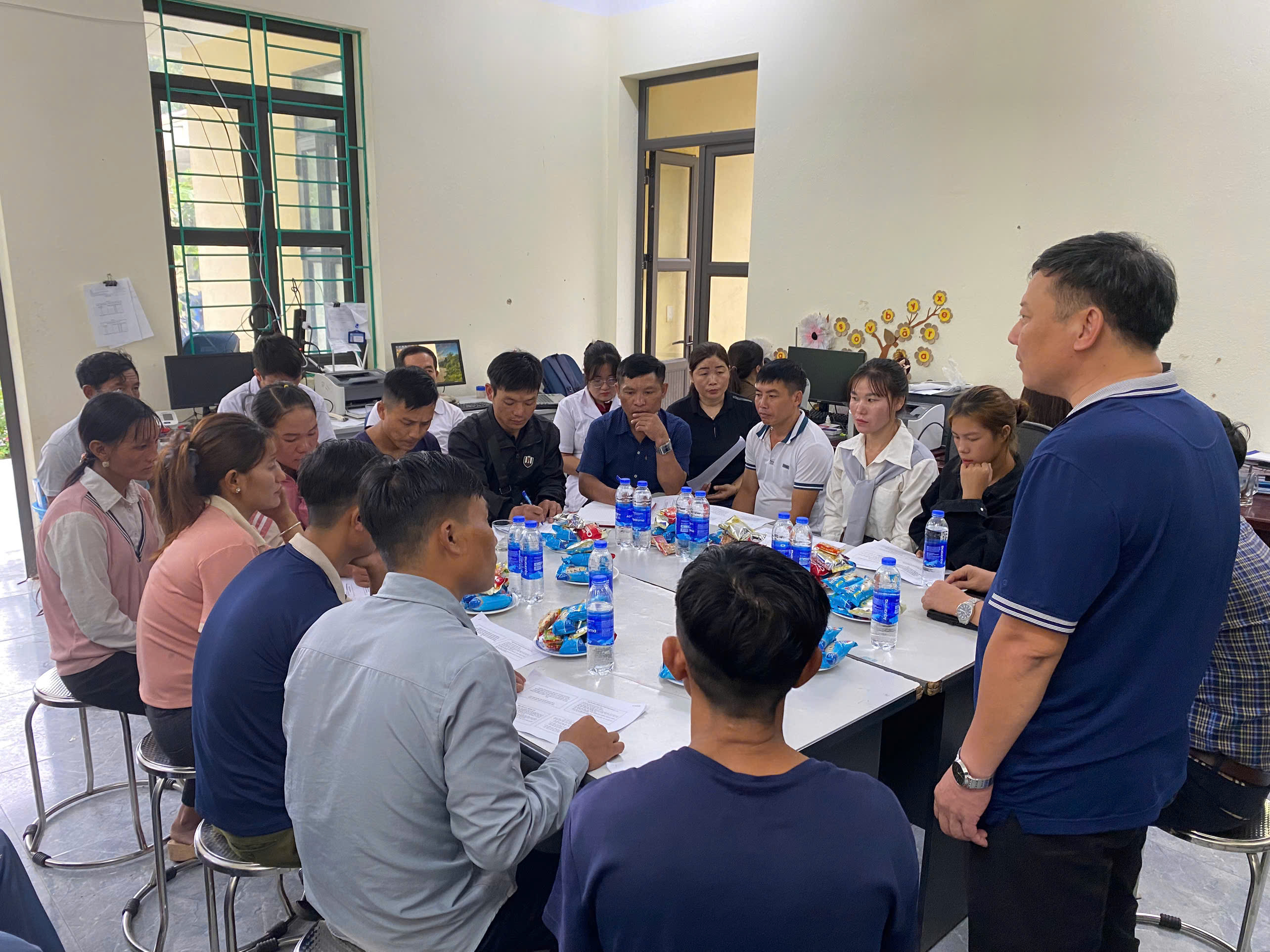
Malaria disproportionately affects vulnerable and marginalized communities, who are often faced with barriers to malaria prevention, diagnosis, and treatment services. These include pregnant women, children, rural dwelling populations such as tribal and indigenous groups and those who work outdoors such as forest workers. In India, approximately 44% of reported malaria cases and 43% deaths are contributed by approximately 27 tribal-dominated districts that comprise 5% of the country's population.
To ensure effective and sustainable investments in vulnerable and marginalized communities are made, a gender-responsive framework is required to lead to accelerating progress for all. As a start, we conducted a desk review of fifteen countries' National Strategic Plans (NSPs) and Global Fund funding proposals to develop a gender equality, disability, and social inclusion (GEDSI) baseline assessment report, which gives an overview and understanding of the key policy and intervention gaps around GEDSI in the region’s malaria response.
Targeted malaria elimination interventions for vulnerable populations
Most countries reviewed as part of the GEDSI baseline assessment implement some interventions around surveillance, net distribution, testing, diagnosis and treatment for pregnant women, outdoor workers and rural/remote dwelling populations.
However, there is still much that countries can do to incorporate a social inclusion lens in tackling malaria amongst the most vulnerable communities. For example, none of the countries specifically discussed the importance of malaria interventions targeted at non-pregnant women, persons with disabilities, and the transgender community or even the broader LGBTQIA+ community. However, it is important to note that these groups could also face unique challenges that impact their disease morbidity and mortality due to prevailing social norms that might put them at a disadvantage in preventing or seeking treatment for malaria and/or other health conditions.
Data audit to collect GEDSI metrics and indicators
Capturing GEDSI-specific metrics and socially inclusive data ensures that elimination strategies and programmes are evidence-informed and equitably benefit the most marginalized segments of the population. Thereafter, targeted interventions can be designed and implemented to cater to the groups most in need of support.

A more deliberate approach is required to include the vulnerable communities within the country’s elimination efforts
GEDSI-focused interventions targeting specific vulnerable groups and communities are required to ensure that no one is left behind in the efforts to eliminate diseases, including malaria. Below are some recommendations for governments to adopt a GEDSI-lens in malaria elimination interventions and data collection:
- Assess the most vulnerable subpopulations for countries that require tailored elimination strategies to reach them.
- Strengthen disaggregated data collection, analysis, and use in decision-making and public health policy. For counties with ongoing data collection, ensure that analyses are regularly conducted and that the results are shared and disseminated amongst key government and community stakeholders to advocate for targeted malaria elimination efforts.
- Integrate malaria services with other health and social services to improve access and uptake, especially for pregnant women, children, and other groups with different risk factors from the general population.
- Build the capacity of health workers to provide GEDSI-responsive and culturally appropriate malaria services and ensure equitable distribution of resources and commodities to hard-to-reach areas.
- Document and share best practices, lessons learned, and evidence on effective GEDSI approaches to malaria elimination, to facilitate cross-country learning and scale-up.
At APLMA, we are committed to incorporating GEDSI principles in our quest to end malaria in Asia Pacific. The baseline assessment gives an overview of existing GEDSI efforts in malaria elimination. As we continue to advocate for social inclusion in malaria control and elimination efforts in the region, APLMA plans to conduct deep dive case studies into specific marginalized populations in the APAC region to continue advocating for targeted data collection efforts and interventions tailored to benefit the most vulnerable.
READ the full report below.
Note: The fifteen countries reviewed are: Bangladesh, Bhutan, Cambodia, India, Indonesia, Lao PDR, Myanmar, Nepal, Pakistan, Papua New Guinea (PNG), The Philippines, Solomon Islands, Thailand, Timor-Leste, and Viet Nam.
.svg)









